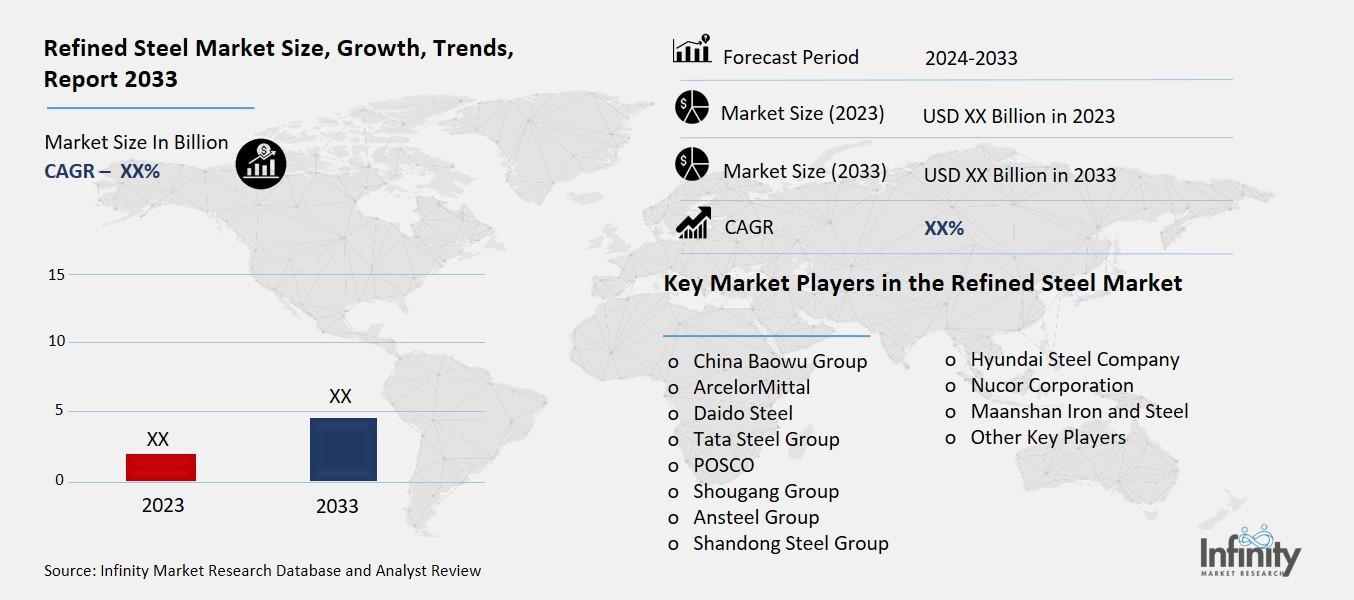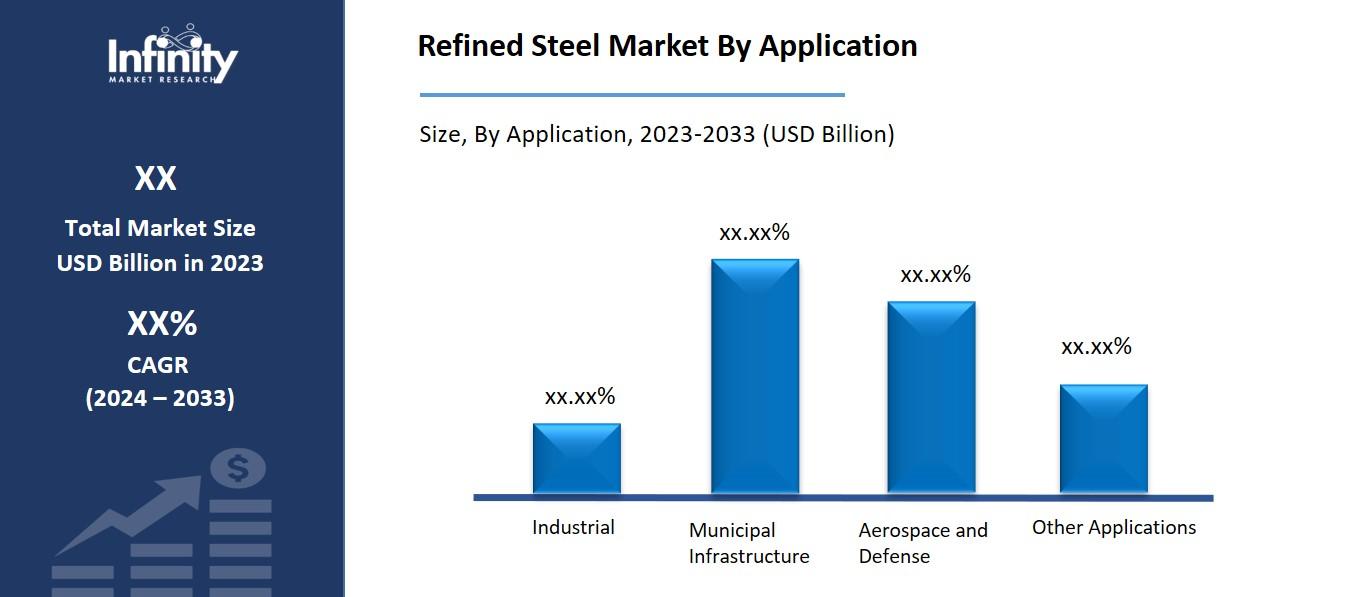
🔐 Secure Payment Guaranteed
Safe checkout with trusted global payment methods.
🌟 Why Choose Infinity Market Research?
At Infinity Market Research, we dont just deliver data — we deliver clarity, confidence, and competitive edge.
In a world driven by insights, we help businesses unlock the infinite potential of informed decisions.
Here why global brands, startups, and decision-makers choose us:
Industry-Centric Expertise
With deep domain knowledge across sectors — from healthcare and technology to manufacturing and consumer goods — our team delivers insights that matter.
Custom Research, Not Cookie-Cutter Reports
Every business is unique, and so are its challenges. Thats why we tailor our research to your specific goals, offering solutions that are actionable, relevant, and reliable.
Data You Can Trust
Our research methodology is rigorous, transparent, and validated at every step. We believe in delivering not just numbers, but numbers that drive real impact.
Client-Centric Approach
Your success is our priority. From first contact to final delivery, our team is responsive, collaborative, and committed to your goals — because you re more than a client; you re a partner.
Recent Reports
Obesity Management Market
GLP-1 Receptor Agonist Market
Refined Steel Market
Global Refined Steel Market (By Type, Low Alloy Steel, Special Quality Carbon Steel, and Alloy Steel; By Application, Industrial, Municipal Infrastructure, Aerospace and Defense, and Other Applications; By Region and Companies), 2024-2033
Dec 2024
Chemicals and Materials
Pages: 138
ID: IMR1347
Refined Steel Market Overview
Global Refined Steel Market acquired the significant revenue of XX Billion in 2023 and expected to be worth around USD XX Billion by 2033 with the CAGR of XX% during the forecast period of 2024 to 2033. The market of refined steel is an important category in the world steel industry referring to premium steel products that have been provided with further processing to match special requirements for a particular industry or field. Specialty steel is used in automotive, construction, energy, and manufacturing industries where high mechanical characteristics, high tensile strength and good corrosion resistance are desired. This market is mainly fueled by the growing demands for light weighted high strength materials, improvement in the technologies used in steel making and improvement in infrastructural sector of developing countries. Currently, EAFs and secondary metallurgy are some of the aspects that key players are able to develop in order to improve production processes and environment.

Drivers for the Refined Steel Market
Rising Demand in End-Use Industries
Increase in automotive, construction and energy industries has highly contributed to the rise in the purchase of refined steel since it has numerous qualities such as strength, durability, and versatility. Automotive industries today use refined steel for light, strong materials for the manufacture of chassis, body, safety parts and other components to improve vehicle’s performance, fuel efficiency, etc.
Likewise, in construction, a high requirement for high strength materials suitable to handle extreme loads and environmental stresses has placed refined steel at the epicenter for current construction such as bridges, tall buildings and industrial plants. In the energy sector, refined steel’s material characteristics afford it usage in critical application such as pipelines, turbines, power plants etc., especially in the renewable energy systems such as wind and hydro systems.
Restraints for the Refined Steel Market
Market Saturation in Developed Economies
In mature markets like Europe and North America, the growth of the refined steel market has slowed due to the presence of well-established infrastructure and reduced demand for large-scale construction projects. These regions have already undergone significant urbanization and industrial development, resulting in a stabilized need for steel products in traditional applications such as bridges, roads, and commercial buildings. Additionally, the focus has shifted toward maintaining and upgrading existing structures rather than undertaking new projects, which often requires less raw material consumption.
Furthermore, advancements in alternative materials and the adoption of composite solutions in industries like automotive and aerospace have introduced competition to steel, further moderating growth. Stringent environmental regulations in these regions also pose challenges for steel manufacturers, as they must invest heavily in greener production technologies to comply with sustainability goals.
Opportunity in the Refined Steel Market
Shift Towards Green and Sustainable Steel Production
The increasing global emphasis on sustainability has driven a surge in demand for low-carbon and recycled steel products. Industries across automotive, construction, and energy sectors are prioritizing materials that align with their carbon neutrality goals and environmental commitments. Low-carbon steel, produced through advanced processes such as hydrogen-based direct reduction or electric arc furnaces powered by renewable energy, offers reduced greenhouse gas emissions compared to traditional steelmaking methods. This shift is essential as governments and corporations adopt stricter environmental regulations and green certification standards for infrastructure and manufacturing projects.
Trends for the Refined Steel Market
Digital Transformation in Steel Production
The integration of Industry 4.0 technologies is revolutionizing the refined steel market by enhancing precision, quality, and supply chain efficiency. Advanced digital solutions, such as artificial intelligence (AI), the Internet of Things (IoT), and machine learning, are enabling steel manufacturers to optimize production processes in real time. Smart sensors and IoT devices provide continuous monitoring of equipment and operations, allowing for predictive maintenance and reducing downtime. AI-powered analytics are being used to fine-tune metallurgical processes, ensuring consistent quality and minimizing defects in the final products.
In addition to improving production, Industry 4.0 technologies are transforming supply chain management. Blockchain and digital twins are being deployed to enhance traceability, transparency, and inventory control, ensuring that refined steel products reach customers with minimal delays and accurate specifications.
Segments Covered in the Report
By Type
o Low Alloy Steel
o Special Quality Carbon Steel
o Alloy Steel
By Application
o Industrial
o Municipal Infrastructure
o Aerospace and Defense
o Other Applications
Segment Analysis
By Type Analysis
On the basis of type, the market is divided into low alloy steel, special quality carbon steel, and alloy steel. Among these, special quality carbon steel segment acquired the significant share around 42.1% in the market owing to its superior mechanical properties, cost-effectiveness, and versatility across various industries. Special quality carbon steel offers enhanced strength, ductility, and wear resistance, making it ideal for applications in construction, automotive manufacturing, and industrial machinery. Its adaptability to different processing techniques and ability to meet stringent quality standards further contribute to its extensive adoption, solidifying its leading position in the market.
By Application Analysis
On the basis of application, the market is divided into industrial, municipal infrastructure, aerospace and defense. Among these, industrial segment held the prominent share of the market. Refined steel's superior strength, durability, and versatility make it indispensable in producing components for sectors such as automotive, construction, and energy. Its ability to withstand high stress and harsh environments ensures reliability and longevity in industrial applications, leading to sustained demand and a significant market share for this segment.

Regional Analysis
Asia Pacific Dominated the Market with the Highest Revenue Share
Asia Pacific held the most of the share of 30.4% of the market due to its robust industrial and economic growth. Key countries like China, India, Japan, and South Korea drive this dominance, with China alone accounting for a significant portion of global steel production and consumption. Rapid urbanization and infrastructure development across the region have fueled the demand for high-quality steel in construction, transportation, and energy sectors. Additionally, the expansion of automotive manufacturing hubs and the rise of renewable energy projects in countries like India and Japan contribute to the growing need for refined steel.
Asia Pacific's strong position is further supported by the presence of leading steel producers, advancements in steelmaking technologies, and government initiatives promoting industrial development. The availability of raw materials, competitive production costs, and skilled labor enhance the region's capacity to meet both domestic and international demand.
Competitive Analysis
The competitive landscape of the refined steel market is marked by a high level of rivalry among key global and regional players, driven by the need to innovate, enhance production efficiency, and meet evolving customer demands. Major steel manufacturers such as ArcelorMittal, Nippon Steel, Tata Steel, and Baosteel are at the forefront, leveraging advanced technologies, economies of scale, and extensive distribution networks to maintain market leadership. These companies focus on diversifying their product offerings, with an emphasis on high-strength, low-carbon, and specialty steel grades to cater to the growing demand from industries like automotive, aerospace, and construction.
Recent Developments
In December 2023, Nippon Steel acquired U.S. Steel for $14.9 billion, boosting its U.S. presence and annual steel capacity to 86 million tonnes. The deal focuses on innovation, decarbonization, and enhancing global manufacturing while honoring U.S. Steel’s union agreements.
In July 2023, ArcelorMittal launched XCarb low-carbon steel plates, made from nearly 100% scrap steel and renewable electricity, reducing CO2 emissions by 60%. This steel is ideal for large infrastructure projects and helps reduce supply chain emissions.
Key Market Players in the Refined Steel Market
o China Baowu Group
o ArcelorMittal
o Daido Steel
o Tata Steel Group
o POSCO
o Shougang Group
o Ansteel Group
o Shandong Steel Group
o Hyundai Steel Company
o Nucor Corporation
o Maanshan Iron and Steel
o Other Key Players
|
Report Features |
Description |
|
Market Size 2023 |
USD XX Billion |
|
Market Size 2033 |
USD XX Billion |
|
Compound Annual Growth Rate (CAGR) |
XX% (2023-2033) |
|
Base Year |
2023 |
|
Market Forecast Period |
2024-2033 |
|
Historical Data |
2019-2022 |
|
Market Forecast Units |
Value (USD Billion) |
|
Report Coverage |
Revenue Forecast, Market Competitive Landscape, Growth Factors, and Trends |
|
Segments Covered |
By Type, Application, and Region |
|
Geographies Covered |
North America, Europe, Asia Pacific, and the Rest of the World |
|
Countries Covered |
The U.S., Canada, Germany, France, U.K, Italy, Spain, China, Japan, India, Australia, South Korea, and Brazil |
|
Key Companies Profiled |
China Baowu Group, ArcelorMittal, Daido Steel, Tata Steel Group, POSCO, Shougang Group, Ansteel Group, Shandong Steel Group, Hyundai Steel Company, Nucor Corporation, Maanshan Iron and Steel, and Other Key Players. |
|
Key Market Opportunities |
Shift Towards Green and Sustainable Steel Production |
|
Key Market Dynamics |
Rising Demand in End-Use Industries |
📘 Frequently Asked Questions
1. Who are the key players in the Refined Steel Market?
Answer: China Baowu Group, ArcelorMittal, Daido Steel, Tata Steel Group, POSCO, Shougang Group, Ansteel Group, Shandong Steel Group, Hyundai Steel Company, Nucor Corporation, Maanshan Iron and Steel, and Other Key Players.
2. How much is the Refined Steel Market in 2023?
Answer: The Refined Steel Market size was valued at USD XX Billion in 2023.
3. What would be the forecast period in the Refined Steel Market?
Answer: The forecast period in the Refined Steel Market report is 2024-2033.
4. What is the growth rate of the Refined Steel Market?
Answer: Refined Steel Market is growing at a CAGR of XX% during the forecast period, from 2024 to 2033.

🔐 Secure Payment Guaranteed
Safe checkout with trusted global payment methods.
🌟 Why Choose Infinity Market Research?
- Accurate & Verified Data:Our insights are trusted by global brands and Fortune 500 companies.
- Complete Transparency:No hidden fees, locked content, or misleading claims — ever.
- 24/7 Analyst Support:Our expert team is always available to help you make smarter decisions.
- Instant Savings:Enjoy a flat $1000 OFF on every report.
- Fast & Reliable Delivery:Get your report delivered within 5 working days, guaranteed.
- Tailored Insights:Customized research that fits your industry and specific goals.



